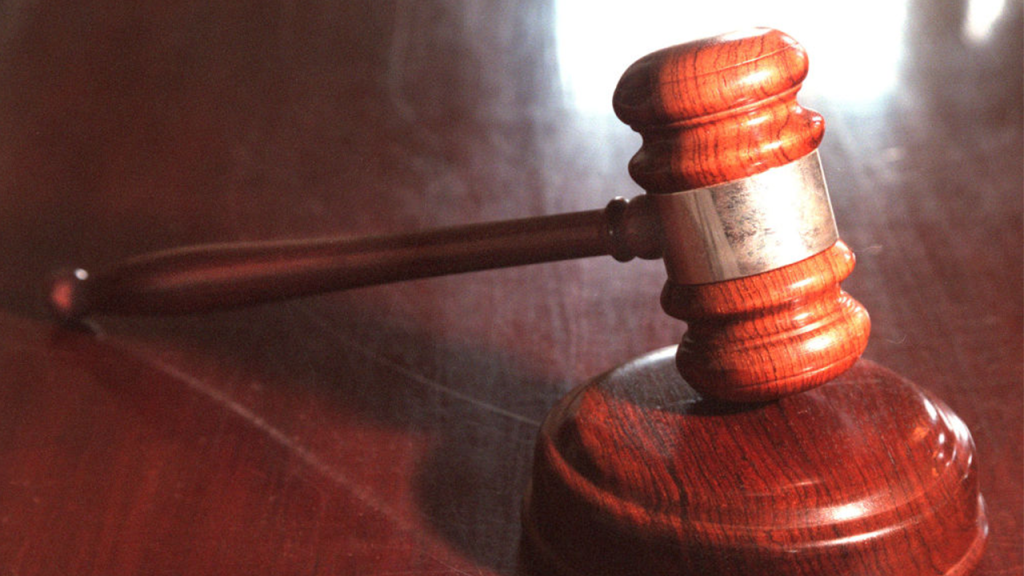A federal appeals court ruled in favor of a Catholic school in North Carolina, allowing them to fire a gay teacher who had announced his marriage to another man on social media a decade earlier. The court reversed a previous ruling that stated the school had violated the teacher’s federal employment protections against sex discrimination. The school cited the teacher’s advocacy for a position contrary to church teachings as the reason for not bringing him back as a substitute teacher. The ruling was based on the ministerial exception to Title VII, which protects religious institutions in how they treat employees who perform tasks central to their religious missions.
The teacher, Lonnie Billard, worked at Charlotte Catholic High School for a decade until 2012 and returned as a substitute teacher afterwards. The court found that he fell under the ministerial exception as the school expected teachers to integrate faith into the curriculum. Billard’s role in the school’s religious mission, including the expectation for him to teach religion as needed, supported this exception. The ruling was seen as a victory for the school’s freedom to choose teachers who fully supported Catholic teachings, according to Luke Goodrich of The Becket Fund for Religious Liberty.
Billard announced his marriage shortly after same-sex marriage was legalized in North Carolina in 2014 and filed a lawsuit challenging his termination in 2017. The American Civil Liberties Union and a Charlotte law firm criticized the ruling, stating that it could potentially widen loopholes for employers to fire LGBTQ+ workers for openly discriminatory reasons. A joint statement expressed disappointment for their client’s desire to perform his duties as an educator without having to hide who he is or who he loves. The ruling was defended by an attorney for the group that supported the Charlotte diocese as a victory for people of all faiths who value the freedom to pass on their faith.
The Supreme Court’s 2020 ruling that Title VII protected workers terminated for being gay or transgender was also mentioned, but Circuit Judge Pamela Harris emphasized the ministerial exception in the Wednesday ruling. The court recognized that seemingly secular tasks like teaching English and drama could be imbued with religious significance and implicate the ministerial exception. Despite the court’s decision in favor of the school, questions were raised about the use of the ministerial exemption by Circuit Judge Robert King, who suggested a separate exemption for religious education institutions dismissing an employee. The ruling was praised by attorneys general from nearly 20 Democrat-leaning states and lawyers from various Christian denominations and schools.
The case involved a complex legal debate between the rights of employees, the religious freedoms of institutions, and the implications for LGBTQ+ workers in the context of employment discrimination. It also highlighted the ongoing challenges faced by individuals in the LGBTQ+ community in asserting their rights in various professional settings. The ruling serves as a reminder of the delicate balance between religious freedom and protections against discrimination in the workplace. It underscores the importance of understanding and navigating the legal framework surrounding such issues to ensure fair treatment for all individuals, regardless of their sexual orientation or gender identity.


